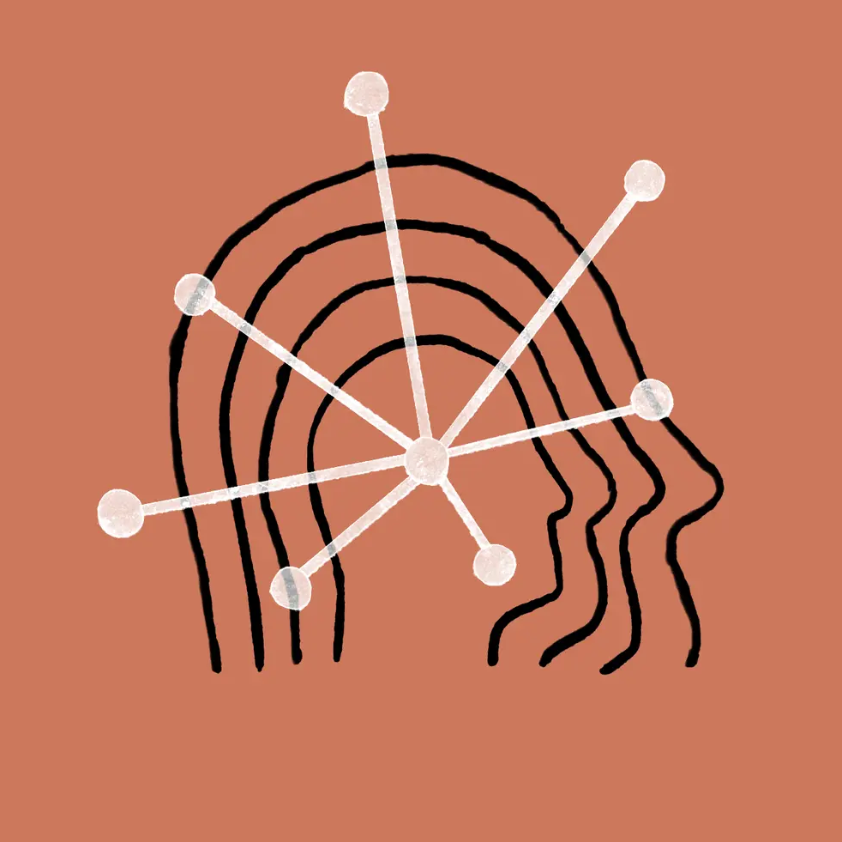
Lyft announces creation of AI support with Anthropic
Lyft announced a partnership with AI startup Anthropic to create an intelligent customer support assistant using the Claude language model. This is the first stage of large-scale collaboration aimed at researching and testing new Lyft products using Anthropic technologies.
The partnership followed a similar move by competitor Uber, which four months ago began collaborating with OpenAI to launch an AI assistant answering drivers’ questions about electric vehicles. Recently, Uber also announced working with OpenAI’s new AI agent Operator to automate food ordering and trip planning.
Lyft integrated Claude into its customer support system through the Amazon Bedrock platform in late 2024. The AI assistant responds to typical requests and redirects clients to human specialists in more complex cases. According to the company, implementing Claude reduced average problem resolution time by 87%, processing thousands of customer inquiries daily.
However, the implementation of AI in customer support has received mixed reactions. According to a recent Gartner study, 64% of customers would prefer companies not to use AI in support services. Another study showed that awareness of communicating with a chatbot reduces customers’ emotional trust.
Despite this, Lyft claims its AI assistant is successful, based on positive customer responses to the question “Did we solve your problem?” The company emphasizes that Claude is known for its human-like responses, which can significantly improve the quality of customer interaction compared to traditional chatbots that the company has been using since 2018.
